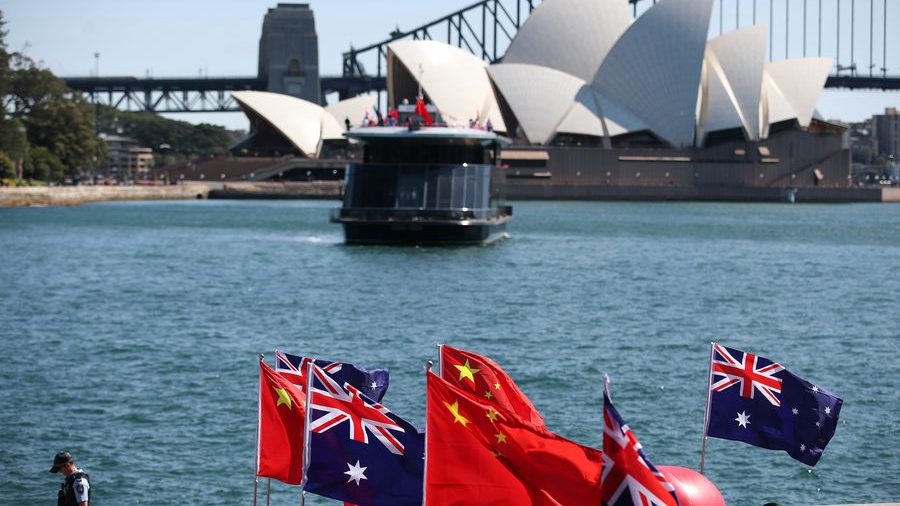Onus on Canberra to mend its ways: China Daily editorial


Canberra should be largely held accountable for pushing what used to be robust bilateral cooperation between Australia and China onto the current downward trajectory. Its politicians have not only tolerated but also fueled anti-China sentiment in the Australian society, to such a degree that most Australian voices friendly to China have been muffled.
With those hostile to China upping the ante, there is every possibility that if there is no correction to Canberra's course, bilateral ties will continue to go from bad to worse, taking a greater toll on all areas of cooperation including trade and people-to-people exchanges.
It is therefore good to see more people in Australia, including former politicians and business leaders, joining a chorus calling for an adjustment in policy to improve bilateral ties, which they believe is in Australia's interests.
Reflecting growing concern about Australia's strained political and commercial relationship with China, the proportion of company directors calling on the government to improve its engagement with China has doubled over the past six months.
According to a survey released by the Australian Institute of Company Directors last week, 25 percent of those polled believe contact with Asia, especially China, should be one of the key tasks of the Australian government, and 28 percent of the 1,777 AICD members surveyed said Canberra has been too confrontational in its approach to its biggest trading partner.
Maintaining the healthy and stable development of China-Australia relations is certainly in the fundamental interests of Australia, as the current downturn in bilateral ties has hurt Australia more than it has hurt China.
There have been signs this year that China has reduced its imports from Australia. Not only has bilateral trade shrunk 1.1 percent year-on-year in the first three quarters, with Chinese imports of Australian products decreasing by 5.1 percent, China has also reportedly discouraged imports of Australian coal and cotton.
Last week, China gave the green light to four dairy companies from Russia to access the Chinese market, which means a total of 40 Russian dairy companies now export their products to China, creating fiercer competition for Australian dairy companies in the Chinese market.
If Australia persists with its anti-China stance and continues to ride on the US bandwagon of strategic confrontation with China, China will have no choice but to employ more countermeasures, and Australia will have to swallow more bitter fruits from the worsening bilateral ties.
It is high time that the Australian government heeded the rational voices in its business and industry circle, and did more to put relations back onto the healthy track.




































